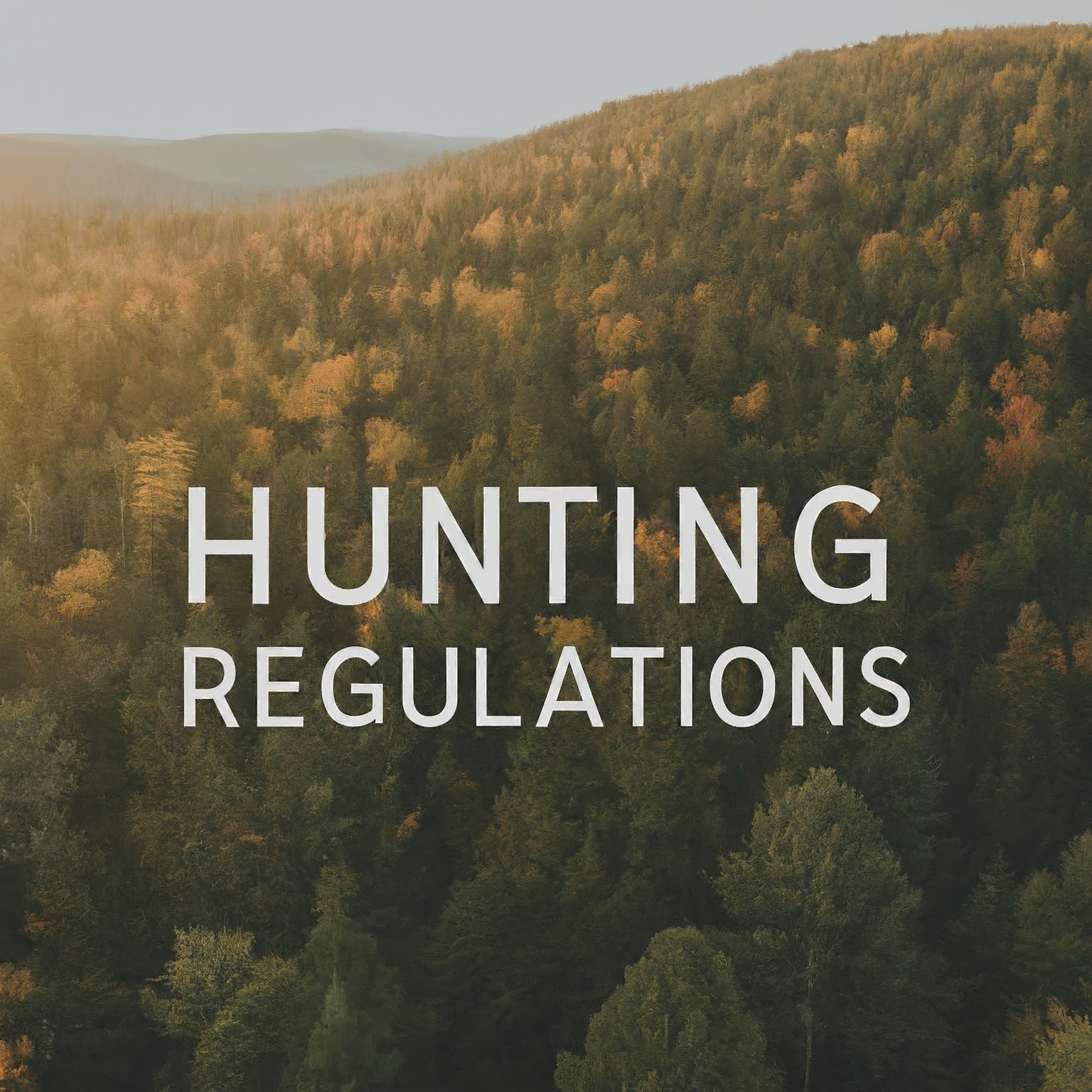A Comprehensive Guide to Hunting Regulations Across the United States

By Derrick R. Stallings – HuntingOfficer.com
Hunting, a time-honored tradition in the United States, is subject to a complex network of regulations that vary significantly from state to state. These regulations are designed to ensure the sustainable management of wildlife populations, protect public safety, and maintain ethical hunting practices.
Key Considerations for Hunters
Before embarking on a hunting trip, it is imperative to familiarize oneself with the specific regulations governing that state. Key factors to consider include:
- Licensing Requirements: A hunting license is generally required for most hunting activities. Some states may also necessitate additional permits for specific game species or hunting methods.
- Seasons and Bag Limits: Hunting seasons and bag limits are established to regulate wildlife populations and ensure their long-term viability. These restrictions vary widely by state and game species.
- Safety Regulations: Hunters must adhere to strict safety protocols, including the responsible handling of firearms, wearing appropriate safety gear, and being mindful of their surroundings.
- Landowner Permissions: Hunting on private land typically requires explicit permission from the landowner. Public lands may also have specific hunting regulations.
State-Specific Resources
To obtain accurate and up-to-date information about hunting regulations in a particular state, it is recommended to consult the official website of the state’s wildlife agency. For example:
- Alabama: Alabama Department of Conservation and Natural Resources
- Alaska: Alaska Department of Fish and Game
- California: California Department of Fish and Wildlife
- Florida: Florida Fish and Wildlife Conservation Commission
- Texas: Texas Parks and Wildlife Department
Beyond the Basics: Unique State Regulations
While the general principles outlined above apply to most states, there are unique regulations that may vary significantly. These may include:
- Bowhunting: Specific regulations for bowhunting, such as minimum draw weights and archery equipment requirements, may apply in certain states.
- Big Game Hunting: Hunting for larger game species, such as deer, elk, or bear, often requires additional permits or licenses.
- Small Game Hunting: Regulations for small game hunting, including rabbits, squirrels, and waterfowl, can vary widely depending on the species.
- Hunting on Private Land: Some states have specific laws regarding hunting on private property, including landowner liability and trespass regulations.
- Hunting from Vehicles: Certain states may prohibit hunting from vehicles or have specific restrictions on hunting from roads.
Additional Resources
For further information and resources related to hunting regulations and ethical hunting practices, consider consulting the following organizations:
- National Rifle Association (NRA): The NRA provides comprehensive information on hunting regulations, safety tips, and ethical hunting practices.
- Wildlife Management Institute: This non-profit organization is dedicated to conserving wildlife and natural habitats.
- Safari Club International (SCI): SCI promotes responsible hunting and conservation efforts.
In conclusion, by understanding and adhering to the specific hunting regulations in each state, hunters can contribute to the conservation of wildlife populations and ensure a safe and enjoyable hunting experience. It is essential to stay informed about the latest regulations and to respect the natural environment and wildlife.
Discover more from HuntingOfficer
Subscribe to get the latest posts sent to your email.
